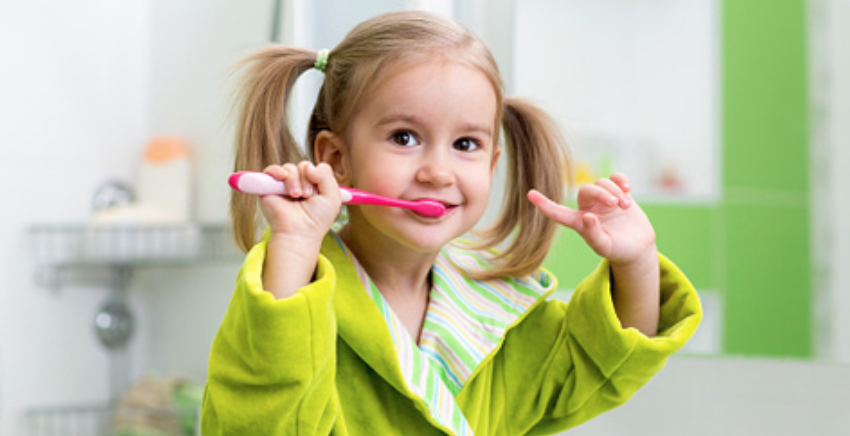As a parent, there must be many questions running through your mind when it comes to your baby’s teeth and we are here to put your mind at ease. Read on to find out what to expect.
Coming in
You should expect your baby’s teeth to come in anytime from when they get to five months. However, there are cases where children are born with teeth and these are referred to as natal teeth. In most cases, these are removed once the child is born especially where there is a chance of aspiration. By the time your child is one, you should expect about six teeth which will increase to twenty by the time they are three.
Teething problems
Teething is a frustrating time for both you and your child and there are ways in which you can make the whole experience more bearable. Rub your baby’s gums with a wet cool washcloth to soothe the gums. You can also use teething rings at that stage. Avoid anesthetics with benzocaine as children have been reported to have negative reactions to the drug.
Brushing
You are required to start brushing your baby’s teeth immediately they come in. To do this, use a small amount of toothpaste and apply it to a child sized brush, then start brushing their teeth. Children can start brushing their teeth when they get to six years. Before that, they have very uncoordinated movements and they will not do a good job at it. To train them on brushing when they get to six years, have them start the process and finish it up for them. With time, you can let them do it on their own as you supervise.
Flossing
You may worry about whether it is okay to floss your child’s teeth at early stages but you need not worry. If your child’s teeth touch each other, flossing is encouraged. However, if there are big spaces in between the teeth, brushing will do.
Pacifiers
There has been concern about the effect of pacifiers and sucking thumbs on the development of teeth. The good thing is that these habits do not have an effect on your child’s permanent teeth as it is likely that your child will drop these habits at the age of two. If they have not stopped sucking on their thumbs by age four, consult a dentist to help you break the bad habit.
First dental visit
Dentists recommend that you take your child for their first dental visit when they are twelve months old. At that stage, your pediatric dentist can advise you on how to look after your baby’s teeth and will also conduct an exam on the teeth. If your child is cooperative, the dentist can show you how to do it by cleaning your kid’s teeth.
Falling out
Your child will start losing their baby teeth gradually from age six up until the age of twelve. However, they can lose their teeth earlier on in the case of accidents. However, some children do not lose all their baby teeth and retain them in adulthood. Baby teeth are crucial and will ensure that you child develop clean, healthy adult teeth. To ensure that your child grows up with a nice set of healthy teeth, teach them oral hygiene at an early age.
Call us today for a free consultation.


